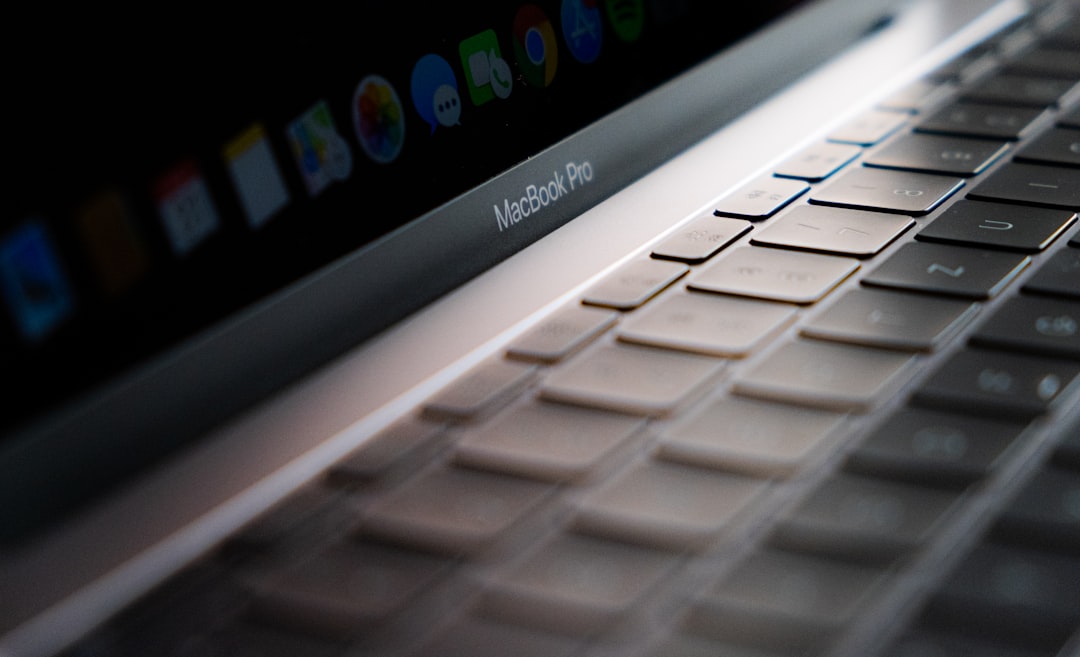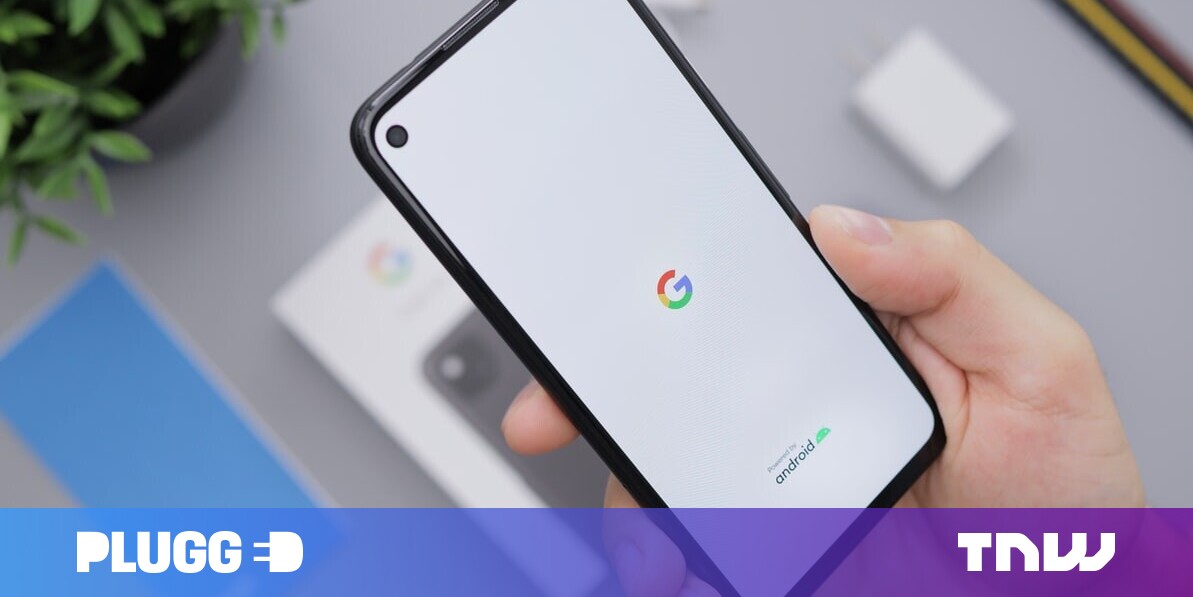#How Does Apple Protect the Security and Privacy of iPhone Users?

Table of Contents
Apple is renowned for its commitment to security and privacy, and nowhere is this more evident than in its approach to iPhone security. In this article, we will explore how Apple protects the security and privacy of its iPhone users.
1. Secure Enclave
The Secure Enclave is a dedicated iPhone chip responsible for processing sensitive data such as fingerprints and face recognition.
The Secure Enclave is isolated from the rest of the system, making it more difficult for hackers to access sensitive information. Additionally, the Secure Enclave uses a unique identifier tied to the device and cannot be accessed by Apple or any third-party apps.
2. Biometric Authentication
Apple’s biometric authentication features, such as Face ID and Touch ID, add an extra layer of security to the iPhone. These features use a combination of hardware and software to ensure that only authorized users can access the device.
For example, Face ID uses the TrueDepth camera system to scan a user’s face and authenticate their identity.
3. App Store Review Process
The App Store review process is designed to ensure that the apps available on the iPhone are safe and secure. Apple reviews all apps submitted to the App Store to ensure they meet strict security and privacy guidelines.
This includes reviewing the app’s source code and its privacy policies. Additionally, Apple regularly updates its App Store guidelines to address emerging security and privacy concerns.
4. Data Encryption
All data on the iPhone, including photos, messages, and documents, is encrypted. This means the data is scrambled and can only be accessed with a key.
Even if a hacker gains access to the device, they cannot access the encrypted data without the key.
5. Privacy Labels
Apple’s App Store now includes privacy labels that provide users with information about how apps use their data. This includes information about the data the app collects, how it is used, and whether it is shared with third parties.
This allows users to make informed decisions about which apps to use and how they want their data to be used.
6. Regular Security Updates
Apple regularly releases security updates for the iPhone to address known vulnerabilities and protect against emerging threats. These updates are typically released automatically and include bug fixes and security patches.
7. Two-Factor Authentication
Apple offers two-factor authentication (2FA) as an added layer of security for iPhone users. This means that in addition to entering a password, users must also enter a verification code sent to a trusted device, such as another iPhone or an Apple Watch.
This helps prevent unauthorized access to an iPhone, even if someone else knows the password.
8. Find My iPhone
Find My iPhone is a feature that allows users to locate their lost or stolen iPhone using another Apple device. It also allows users to remotely erase all data on the iPhone to protect their privacy.
This feature is enabled by default and can be a valuable tool for users concerned about the security of their iPhones.
9. Limited Data Sharing with Third-Party Apps
Apple has implemented various privacy measures to limit data sharing with third-party apps. For example, iOS 14 introduced a feature that requires apps to request permission before tracking a user’s activity across other apps and websites.
This helps prevent apps from collecting data about users without their consent.
10. Secure Communication
Apple’s iMessage and FaceTime are encrypted end-to-end, meaning the sender and recipient can only access messages and calls. This helps prevent eavesdropping by third parties and ensures that communications remain private.
11. Transparency Reports
Apple publishes transparency reports that provide information about government requests for user data. This helps users understand how often their data is requested and under what circumstances.
12. Strong Passwords
Apple encourages users to use strong passwords and offers tools to help users create and manage passwords. This includes features like the iCloud Keychain, which securely stores passwords and other sensitive information across all Apple devices.
While talking about the iPhone, it’s worth noting that Apple is committed to security and privacy across all its devices.
The MacBook Pro is no exception, and Apple has implemented similar security measures to protect users’ data. One of the critical differences between MacBook Pro 8 core and 10 cores models is the number of cores.
However, if you’re looking for even more processing power, the 10-core MacBook Pro is an excellent choice. With its powerful processor and advanced security features, the 10-core MacBook Pro is an excellent option for users who need extra power.
Conclusion
In conclusion, Apple takes security and privacy seriously, and the iPhone is no exception. Apple has implemented various measures to protect users’ data, from the Secure Enclave to biometric authentication and regular security updates.
And with its commitment to private labels and app review processes, Apple is helping users make informed decisions about how their data is used. So if you’re looking for a secure and private smartphone, the iPhone is an excellent choice.
by Ruby Green
If you liked the article, do not forget to share it with your friends. Follow us on Google News too, click on the star and choose us from your favorites.
For forums sites go to Forum.BuradaBiliyorum.Com
If you want to read more like this article, you can visit our Technology category.




